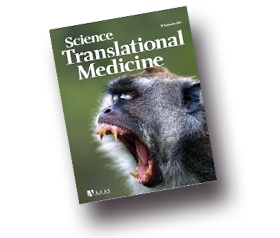 A new study, published 30 September 2015 in Science Translational Medicine, found that infants at high risk of developing asthma had low levels of four specific gut bacteria in the first three months of life. It is the first research to establish a causal link between infant gut bacteria and the development of asthma.
A new study, published 30 September 2015 in Science Translational Medicine, found that infants at high risk of developing asthma had low levels of four specific gut bacteria in the first three months of life. It is the first research to establish a causal link between infant gut bacteria and the development of asthma.
The study was conducted at The University of British Columbia (UBC) and the BC Children’s Hospital and involved the participation of more than 300 families from the Canadian Healthy Infant Longitudinal Development (CHILD) Study.
“This research supports the hygiene hypothesis that we’re making our environment too clean. It shows that gut bacteria play a role in asthma, but it is early in life when the baby’s immune system is being established,” says Dr. Brett Finlay, co-lead researcher and Peter Wall Distinguished Professor in the Michael Smith Laboratories and in the Departments of Biochemistry and Molecular Biology and of Microbiology and Immunology at UBC.
“This study is exciting because it emphasizes the importance of the gut microbiome in asthma and opens the door to a whole new way to prevent childhood asthma by supplementing specific bacteria in the first 100 days of life,” says co-lead researcher Dr. Stuart Turvey, pediatric immunologist at BC Children’s Hospital, director of clinical research and senior clinician scientist at the Child & Family Research Institute, and Professor of Pediatrics at UBC. Dr. Turvey is also the Vancouver site leader for the CHILD Study.
Read the press release and the AllerGen Success Stories article. Watch interview with researchers.
